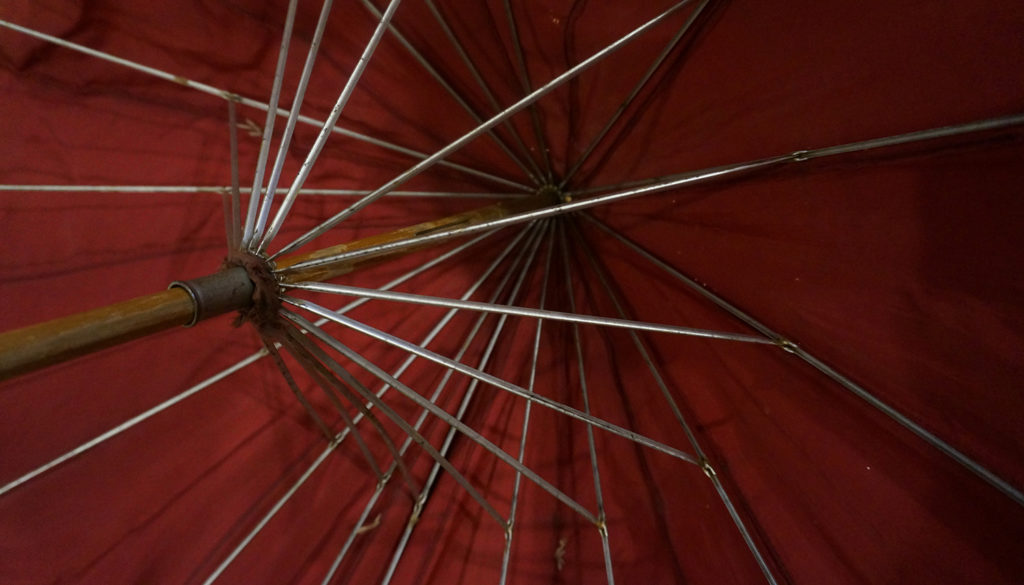A Simple fix
An oft-cited argument in favor of manufactured obsolescence is employment and resulting higher standards of living, translated as more wealth – which does not necessarily equate to greater happiness. My grandmother, Alice, and many of her peers were the early working class beneficiaries of mass production, spending their days working on factory floors in cycles of repetitive assemblage of consumer goods – in her case cash registers. Back then, many manufacturers provided for their workers’ retirement. My grandmother did retire with a good pension and spent her retirement years traveling by motorcycle and boat, growing flowers and bowling with former co-workers.
Factory work these days, when not done by robots and grossly underpaid workers in developing countries, is a much less stable and sustainable vocation. Shutdowns and relocations of these massive creators of consumer goods results in little long-term security, not to mention a plethora of potential health hazards.
What if instead of being makers of (mostly) useless and poorly made mass-produced goods, more of us took on the role of repairers. No, seriously, this is what people used to do instead of running out to buy the next poorly made version of that thing that just got trashed. My father fixed all kinds of things, from cars to toasters to a jukebox he and I salvaged from the neighborhood landfill. At that time such facilities would allow people to come in and walk about amongst heaps of discarded objects to take home, refurbish or repair. Come to think of it, Alice, his mother, was also a great fixer of things.
A couple things got me to
thinking about people being fixers: this Owl’s focus on sustainability, which morphed out of a trashy proposal; and an article about a man who fixes umbrellas. In a BBC video clip* that features Thierry Millet speaking about his work, he laments the wastefulness of a consumer society. According to Mr. Millet, there are an estimated five hundred million umbrellas thrown away each year, enough to build ten Eiffel Towers – a year – with the discarded metal. Millet is one of very few artisanal umbrella repair people worldwide. He works out of his small shop in central Paris – Maison Pep’s, repairing all kinds of umbrellas, saving them from the landfills. Although he seems humbled by his contribution, given a likely increase in rain with current weather trends, umbrellas are important.
Reducing the amount of garbage we produce, and repairing things, all kinds of things, is one small step toward us becoming a Zero Waste world.
Back to the idea of factories and “making” jobs to make things that we do not need. What if more people fixed things. Not just folks at home making broken things work because they can’t afford a new thing and care about doing the right things. What if we could somehow mastermind a grand shift away from making more things to fixing more things, with more people finding ways of being gainfully employed by repairing what’s broken – to keep all those things out of landfills.
There is a bit of a movement in this direction, but what we need is momentum. How about we start in the unemployment lines and provide funding and apprenticeships in the fine art of salvage and renewal to actively engage people who can’t find jobs. Create a kind of Civilian Conservation Corp of specialized salvage and rehabilitators. There are many more things than just umbrellas in the world that get thrown away simply because people do not have the time or skills to fix them. Isn’t it much more satisfying for workers and beneficial to the world as a whole to save items from the landfill instead of helping to manufacture things that will just get thrown away?

I do have an umbrella I have been meaning to fix, a really nice one. This is part of what interested me about this umbrella piece. I also recently had a watch repaired. We all love and cherish things, and it is easier to find joy and meaning in the things we love if we focus on quality, not quantity. Bringing objects back to life is about more than the object – it is about the people they matter to, and people are what creating a sustainable world is all about.
D.E. Bentley – Editor, Owl Light News